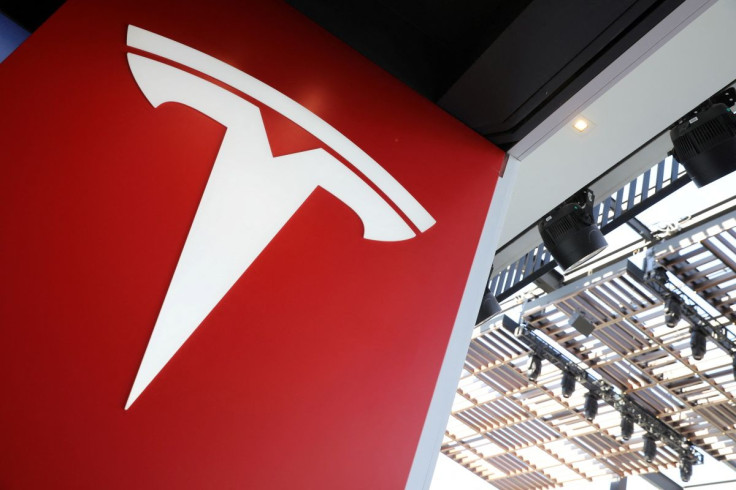Laid-off Tesla Workers File Emergency Plea, Allege Small Severance Pay

Two laid-off Tesla workers filed an emergency motion on Tuesday to stop the electric car maker for allegedly seeking separation agreements for far less severance than legally required.
As part of Tesla's ongoing layoffs, it has been asking employees to agree to release it of all claims, in exchange for a severance of just one or two weeks' pay and benefits, the motion filed with a Texas court alleges.
This is a small portion of the actual severance of 60 days of pay and benefits that the employees would be entitled to under a labor law - the Worker Adjustment and Retraining Notification (WARN) Act, it added.
The two workers were among more than 500 workers laid off at Tesla's gigafactory plant in Sparks, Nevada, in May and June.
"Employees who have lost their jobs are typically eager to get whatever additional pay that they can get and have no reason to know that they are entitled to more due to Tesla's violations of the WARN Act," the motion said.
"In short, Tesla hopes to buy off these class members' claims for pennies on the dollar."
Tesla did immediately reply to an email seeking comments.
The two former employees had also filed a lawsuit in June alleging Tesla violated the law by carrying out a "mass layoff" without providing the required 60-day notice.
Tesla Chief Executive Elon Musk told top managers last month that he had a "super bad feeling" about the economy and that the company needed to cut staff by about 10%.
Later, the billionaire said the 10% cuts would apply only to salaried workers and that hourly staff numbers were still expected to grow.
Tesla has shuttered its office in San Mateo, California and laid off roughly 200 employees working on its Autopilot driver-assistant system there. Most of the laid-off people were hourly workers.
Tesla faces a series of hurdles ranging from production snags to rising inflation that may hit profits, Wall Street analysts said on Tuesday, as it reported a fall in deliveries for the first time in two years.
© Copyright Thomson Reuters 2024. All rights reserved.




















